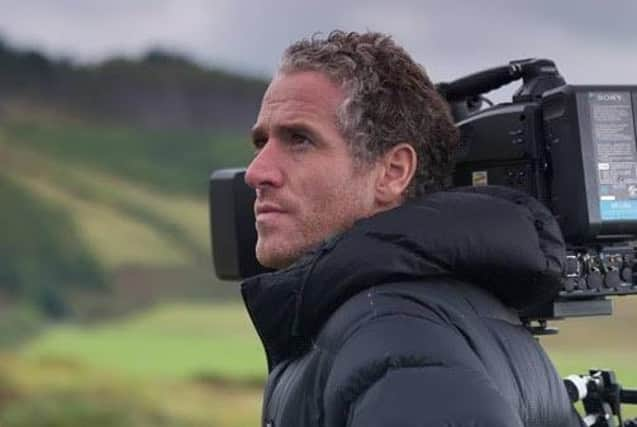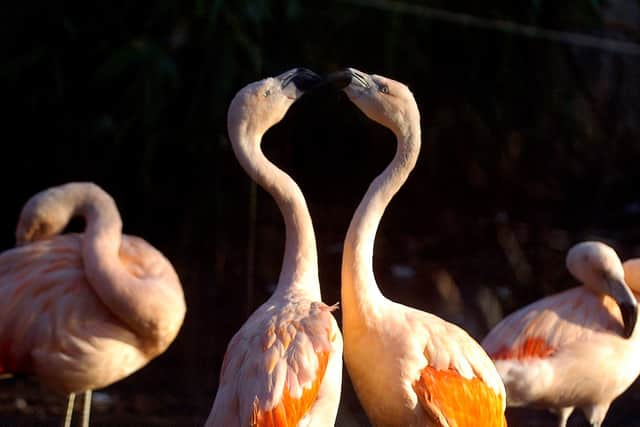Growing human population will devastate the world's plants and animals unless we act – Gordon Buchanan


Culminating in a wash of pink and green, it was a sight I had waited some three decades to see. But just ten years earlier the flamingos resided some 60 miles away at their original home on Lake Nakuru.
Now the sprawling urbanisation of Kenya’s fourth-largest city, Nakuru, has changed the chemistry of its lake, ridding it of algae and forcing the flamingos from their home to Lake Bogoria in search of food.
Advertisement
Hide AdAdvertisement
Hide AdI’ve travelled the globe documenting the most magnificent natural spectacles the world has to offer. But my decades-long career has shown me first-hand how the pressures on the natural world have changed. These pressures are driven by humankind’s growing population.
Today, some one million animal and plant species are now facing extinction. In 2019, the Alagoas foliage-gleaner bird was declared extinct due to loss of habitat. The Bramble Cay melomys became the first mammal to be wiped out by rising sea-levels. The Chinese paddlefish, the world’s largest freshwater fish, has gone extinct due to overfishing. Each of these precious species driven to destruction by humans.
Targets not being met
By 2050 the Earth’s population is expected to reach 9.7 billion, some two billion more than today. This unabated growth will inevitably devastate our flora and fauna, with each additional person contributing to already critical levels of climate change, habitat destruction and pollution.


The biodiversity crisis is nothing new, but its gravity has only just begun to hit home. In 2011, the UN Convention on Biodiversity adopted 20 targets to be met by 2020 to protect and promote the Earth’s species. But now in their final year, the majority of these targets will not be reached.
Spurred on by the failures to meet the 2011 targets, countries across the globe are now set to adopt a new post-2020 global framework for biodiversity next year.
Empowering women, tackling poverty
In preparation for that, a United Nations summit for heads of state was held in September this year. Going forward, it is vital that Boris Johnson and other world leaders truly engage on this. This opportunity for transformative change must be recognised by political leaders everywhere with ethical, practical and effective population solutions firmly embedded in the new framework.
Choice-based family planning, women’s empowerment and lifting people out of poverty all have the potential to put the brakes on population growth and to change people’s lives for the better. They are solutions which will allow humankind and the natural world to live in harmony. Solutions which prioritise empowerment and the freedom to choose a smaller family where before this freedom has been denied.
These are positive, achievable actions that will help save our natural world and they must make it into the post-2020 framework on biodiversity. Now the solutions to the nature crisis are at our fingertips. A serious conversation about biodiversity must include a wide-ranging introspective on population. There’s no time to lose.
Advertisement
Hide AdAdvertisement
Hide AdGordon Buchanan is a wildlife filmmaker and presenter. He is a patron of Population Matters
A message from the Editor:
Thank you for reading this article. We're more reliant on your support than ever as the shift in consumer habits brought about by coronavirus impacts our advertisers.
If you haven't already, please consider supporting our trusted, fact-checked journalism by taking out a digital subscription.
Comments
Want to join the conversation? Please or to comment on this article.